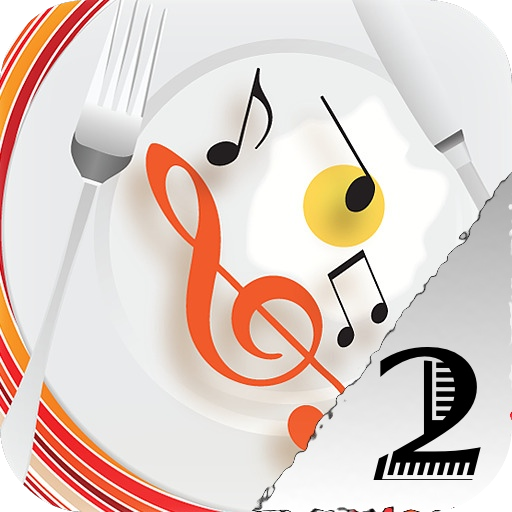
Ear trainer how to#
How to Start Jazz Improvisation Using Your Ears There are many ways of entering the world of Jazz Improvisation. Wherever possible, I'll keep the theory to a minimum though. Quick disclaimer: I'll assume you have some knowledge of music theory for certain sections and are familiar with intervals, chord names and Roman numeral analysis for chord progressions. We'll go beyond the standard ear training exercises, and look into hands-on ways that you can practice as a jazz musician.

In the rest of this article, we'll explore how all of this applies specifically to playing jazz. The three skills outlined above are the foundation for ear training in any genre. You really need to 'hear' what the theory sounds like in the real world, or it will never feel musical or natural to use. It allows you to figure out and really hear what Coltrane or Herbie Hancock are doing and incorporate that into your own playing. It allows you to to musically and playfully use more advanced concepts such as substitutions or upper structures. That's what jazz ear training is all about. If you're able to hear more, you're able to play more. In short, jazz musicians should always keep training their ears. To do so, you need to develop your hearing to the point where you truly feel you can play the ideas that come up in your head intuitively, quickly and accurately. It's about listening to each other and responding with musically meaningful ideas. Moreover, jazz is all about making music in the moment. Jazz in particular has an oral/aural tradition that doesn't rely on notated music, but on well-trained ears to pass on music to future generations. The main takeaway: learning music by ear is an incredible way to train your ears. I've written more about these core ear training skills in this in-depth guide to guitar ear training, so I won't go into too much detail here. Or you might hear a bunch of chords and hear that it's a I-IV-V progression. For example, you might hear a melody and recognize that it uses the Dorian scale. Your ability to recognize certain sounds and to apply the correct music theory term. Your ability to hear music, either in your head or 'in real life,' and to reproduce it on your instrument or using your voice. For example, they can separate out all the instruments and hear exactly what each is playing. Trained musicians can hear music in greater and greater detail. After all, you've already listened to tens of thousands of hours of music throughout your life. Your ability to perceive music in detail. I like to define three core ear training skills. How To Start Training Your Ears As A Jazz Musician The foundation of a trained pair of ears is the same for musicians in any style.

In short, ear training allows for intuitive and interactive music making, which is both really fun to engage in an incredibly rewarding to learn. You can hear a band mate play something and respond with a musically meaningful answer. You can hear a chord progression and understand the underlying musical logic. When you do so, you can do things like play a melody you've just imagined on your instrument. Jazz Improvisation is about taking these skills to the next level. We've learned to recognise if melody goes up or down, whether a chord sounds happy or sad, or if a tune sounds 'jumpy' or 'solemn.' We can stomp along to 'We will rock you' or sing back the melody of a tune we've just heard on the radio. But really, you've been training your ears most of your life without even knowing it. Introduction To Jazz Ear Training Ear training, why should I even bother? There are tons of ear training apps and exercises that can make ear training look far removed from actually making music. Where do you start? And if you're a bit more advanced, how do you train your ears in a way that impacts your playing? In this article, I'll explain why ear training is important and how to do it. You've heard the gospel: if you want to play jazz, you need to train your ears! That might be easier said than done though.


 0 kommentar(er)
0 kommentar(er)
